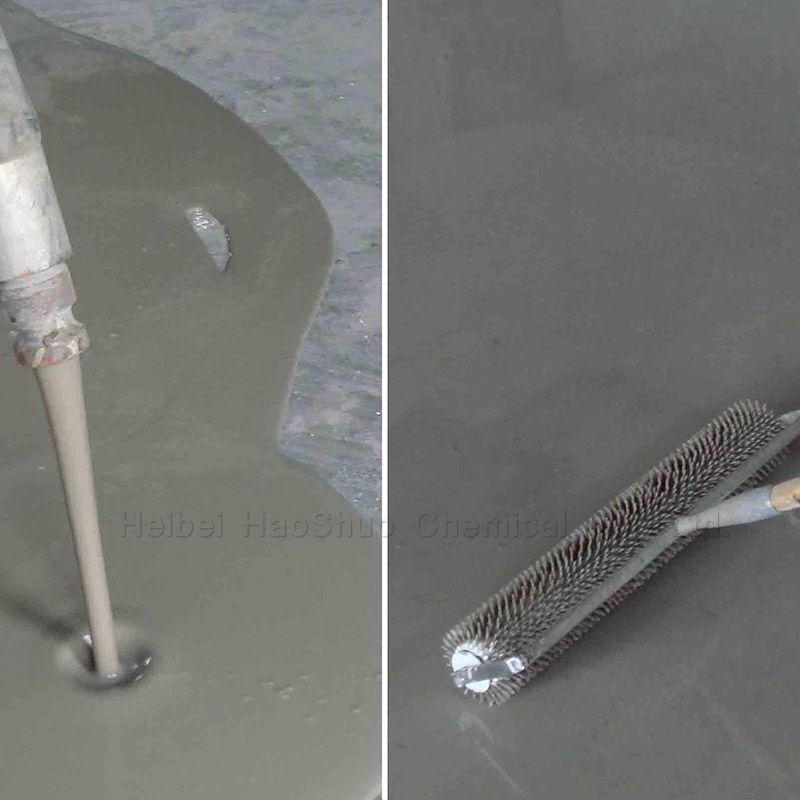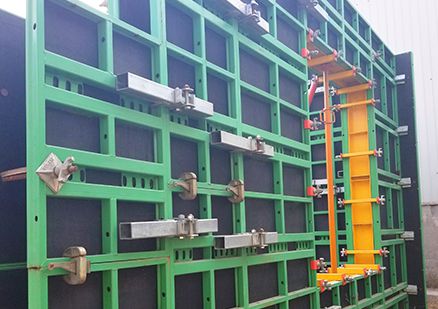What is Construction Grade HPMC?
Construction Grade Hydroxypropyl Methylcellulose (HPMC) is a type of cellulose ether that is commonly used in the construction industry as a versatile additive in various building materials, such as cement-based mortars, tile adhesives, plaster, stucco, and self-leveling compounds. HPMC is a synthetic polymer derived from cellulose, a natural polymer found in plants. It is chemically modified to provide specific properties beneficial for construction applications.
Here are some key characteristics and functions of Construction Grade HPMC:
Water Retention: HPMC improves the water retention capacity of construction materials, helping to keep them workable for a more extended period. This is especially crucial in applications like tile adhesives and mortars, where consistent workability is essential.
Thickening: HPMC acts as a thickening agent in construction materials, enhancing their consistency and preventing sagging or slumping. It helps maintain the proper viscosity of mixtures.
Improved Workability: It enhances the workability and ease of application of construction products, making them easier to spread and shape.
Binding Properties: HPMC can improve the adhesion of materials to substrates, ensuring that tiles, plaster, or stucco adhere well to the surface.

Reduced Shrinkage: It helps reduce the shrinkage of construction materials during curing, preventing the development of cracks.
Enhanced Flexibility: In cement-based products, HPMC can increase flexibility, making them more resistant to cracking and improving durability.
Featured content:How does a water gate flood barrier work?
How to build plywood shelves?
What are the three types of vinyl flooring?
How often should cooling tower fill be replaced?
Applications and Properties of Hydroxypropylmethylcellulose (HPMC)
How do you fix loose mosaic tiles?
What type of mosaic is best for swimming pools?
Setting Time Control: HPMC can influence the setting time of cement-based materials, allowing for adjustments to match specific project requirements.
Resistance to Water and Temperature: HPMC for buiding material is typically resistant to water and can maintain its properties under a range of temperatures, which is essential for outdoor and wet applications.
Compatibility: It is compatible with other additives and chemicals commonly used in construction, such as cement, gypsum, and various admixtures.
Improved Overall Performance: By imparting these properties, Construction Grade HPMC contributes to the overall performance and quality of construction materials and helps meet various industry standards and requirements.
The specific grade of HPMC used in construction can vary based on the desired properties and applications. Manufacturers offer a range of Construction Grade HPMC products with different viscosity levels and other characteristics to suit specific construction needs.
Overall, Construction Grade HPMC is an essential additive in the construction industry, playing a crucial role in improving the performance, workability, and durability of various building materials and helping to ensure the success of construction projects.
What is Reinforcing Steel Mesh Used For?
Is a Container House Worth the Investment?
4 important benefits of skylight roofing for your home
Design Ideas Using Dark Quartz Countertops
Highway Drainage Galvanized Metal Corrugated Pipe Culvert
What are the uses of extruded polystyrene XPS?
What are Advantages and Disadvantages of MDF Board?


